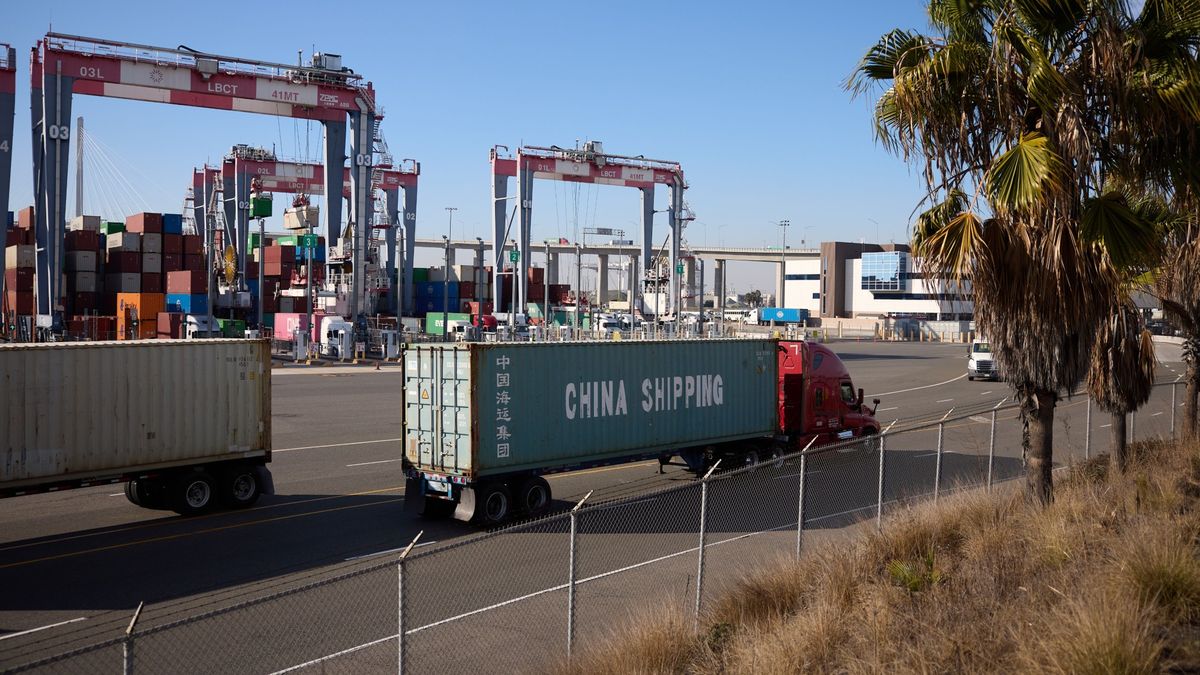Pros and cons of tariffs

```html
The Tug-of-War Over Tariffs: Economic Boon or Bane?
Government Revenue Booster?
Former President Trump famously lauded tariffs as a source of "vast wealth" for the nation, harkening back to the 19th century when they indeed filled government coffers. While tariffs do generate revenue, their impact in today's global economy is more modest. The Tax Foundation estimates a yearly gain of around $100 billion from recent tariffs - a drop in the bucket compared to the overall federal budget.
Sky News economics editor Ed Conway notes, "For nearly all of the 19th century, tariffs imposed on goods imported into America provided more than half the government's revenues." However, he cautions that raising tariffs too high risks stifling economic activity by making imports prohibitively expensive.
The Consumer Pinch
Tariffs often translate directly to higher prices for consumers. Studies indicate that US consumers bore the brunt of previous tariff increases, particularly impacting lower-income households. The Peterson Institute for International Economics projects a potential 4% income reduction for the poorest Americans under proposed tariffs. This price surge can fuel inflation, forcing central banks to raise interest rates, potentially dampening economic growth and raising borrowing costs.
Shielding Domestic Industries and Jobs
Proponents argue that tariffs safeguard local industries by making imports less competitive, encouraging domestic production and creating jobs. This resonates with concerns about manufacturing jobs migrating to countries with lower labor costs. Trump championed tariffs as a way to bring jobs back to America.
Breeding Grounds for Lobbying and Corruption
Critics like the Cato Institute warn that tariffs open the door to lobbying and corruption. Past experiences have shown how tariff exemptions can become bargaining chips, with decisions influenced by political connections rather than economic merit. Forbes highlights the dangers of a "pay-to-play arrangement" where lobbyists and campaign contributions hold sway.
A Tool of Foreign Policy?
Tariffs can be wielded as instruments of foreign policy, exerting pressure on trading partners. Investopedia notes their potential as "economic leverage," while Conway suggests their use as a "negotiating tool." Trump's tariff threats against Mexico, Canada, and Colombia illustrate this strategy.
The Peril of Retaliation
Retaliatory tariffs are a common consequence of protectionist measures. Studies show negative employment impacts from retaliatory tariffs imposed on US goods, especially affecting farmers. Ironically, while potentially ineffective economically, these trade wars can resonate politically, boosting support for those who implement them, as observed with Trump's trade policies and their impact on specific voting demographics.